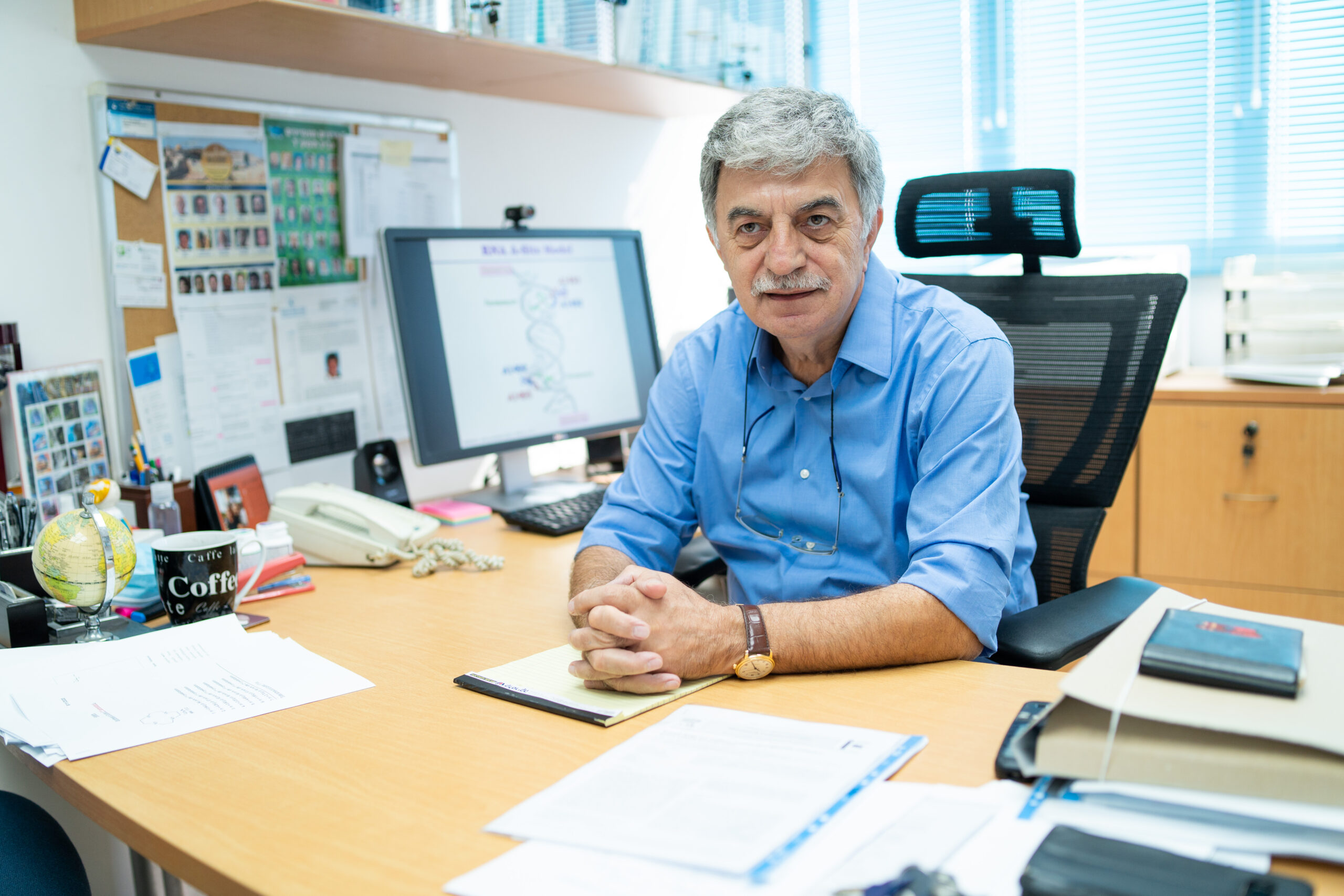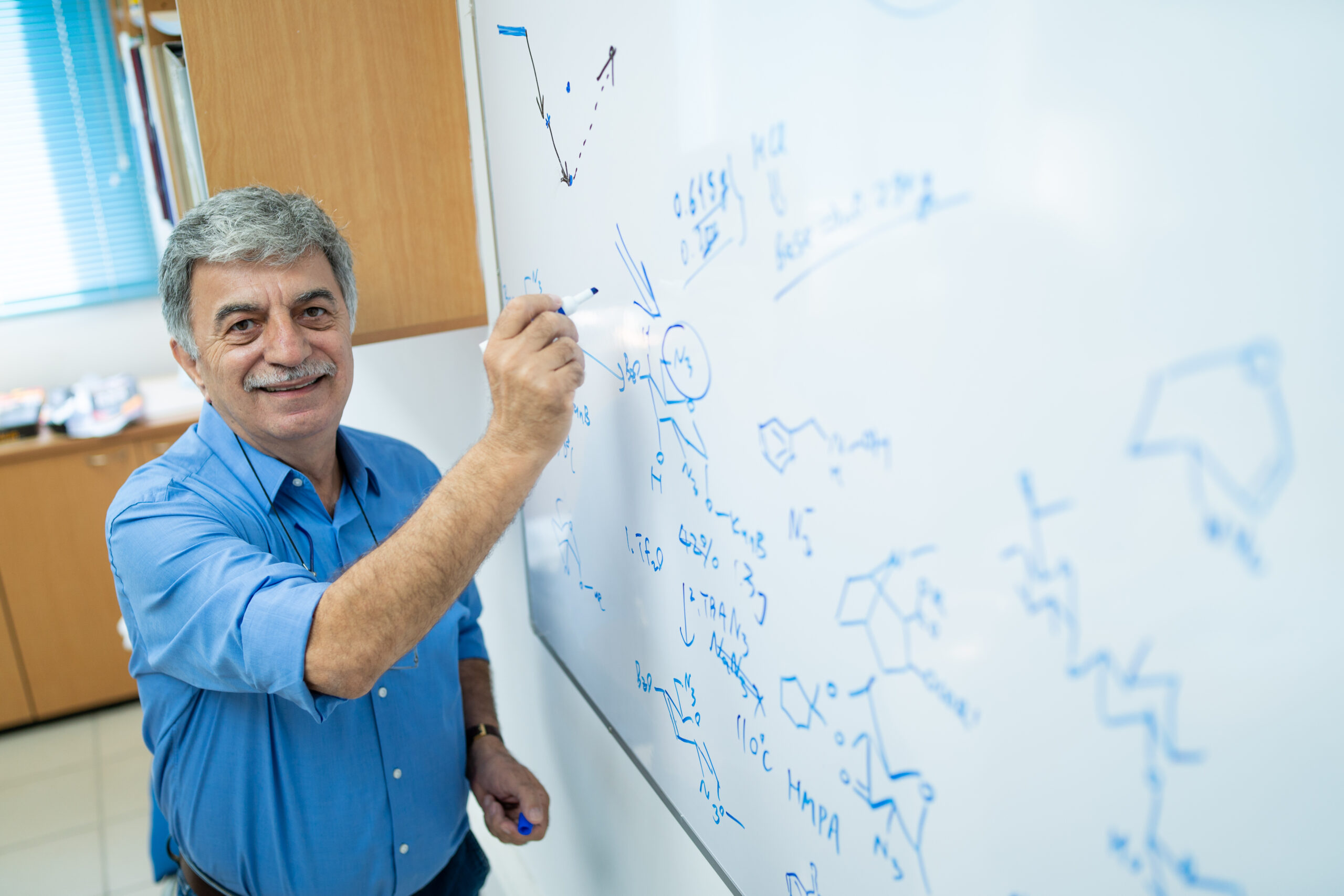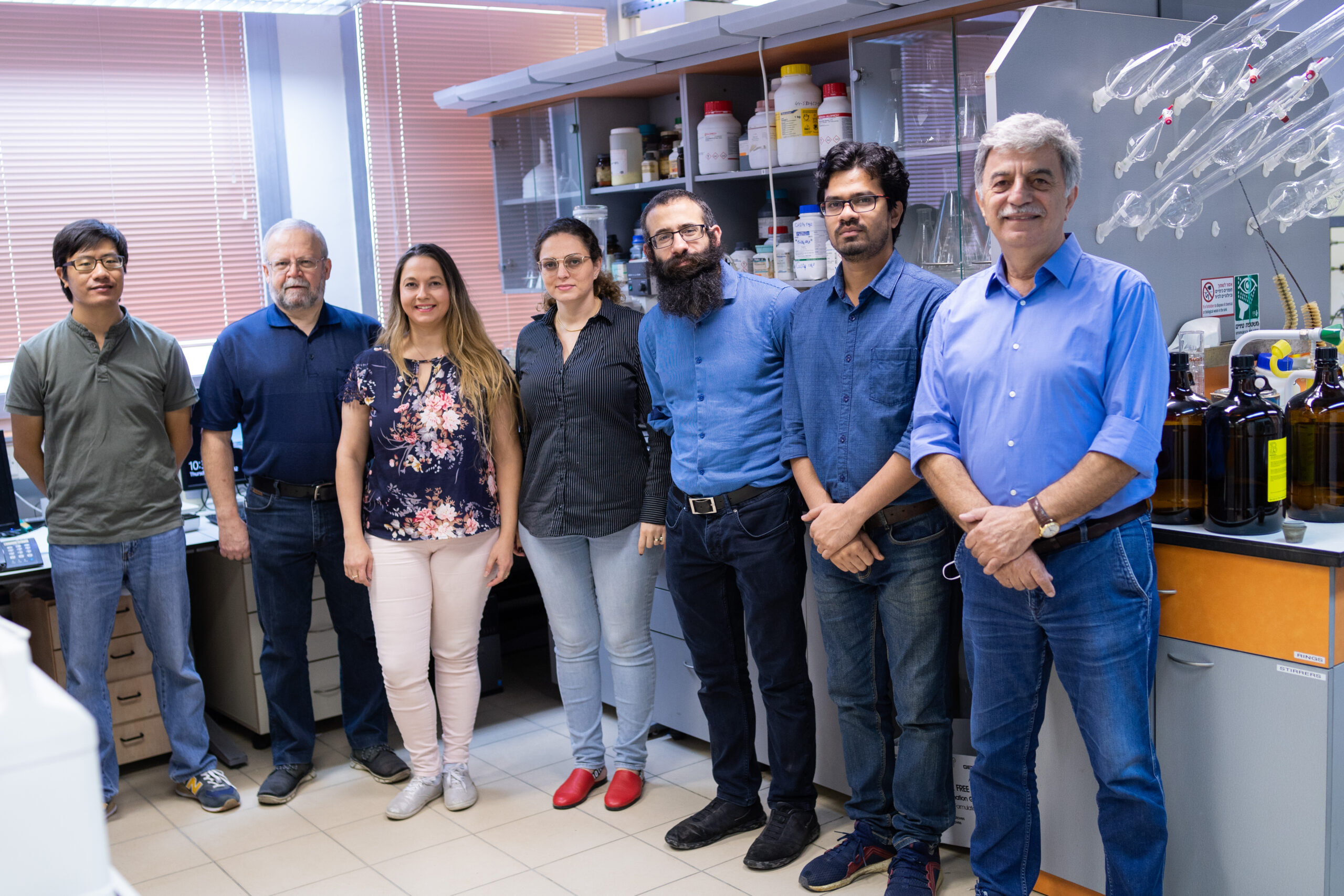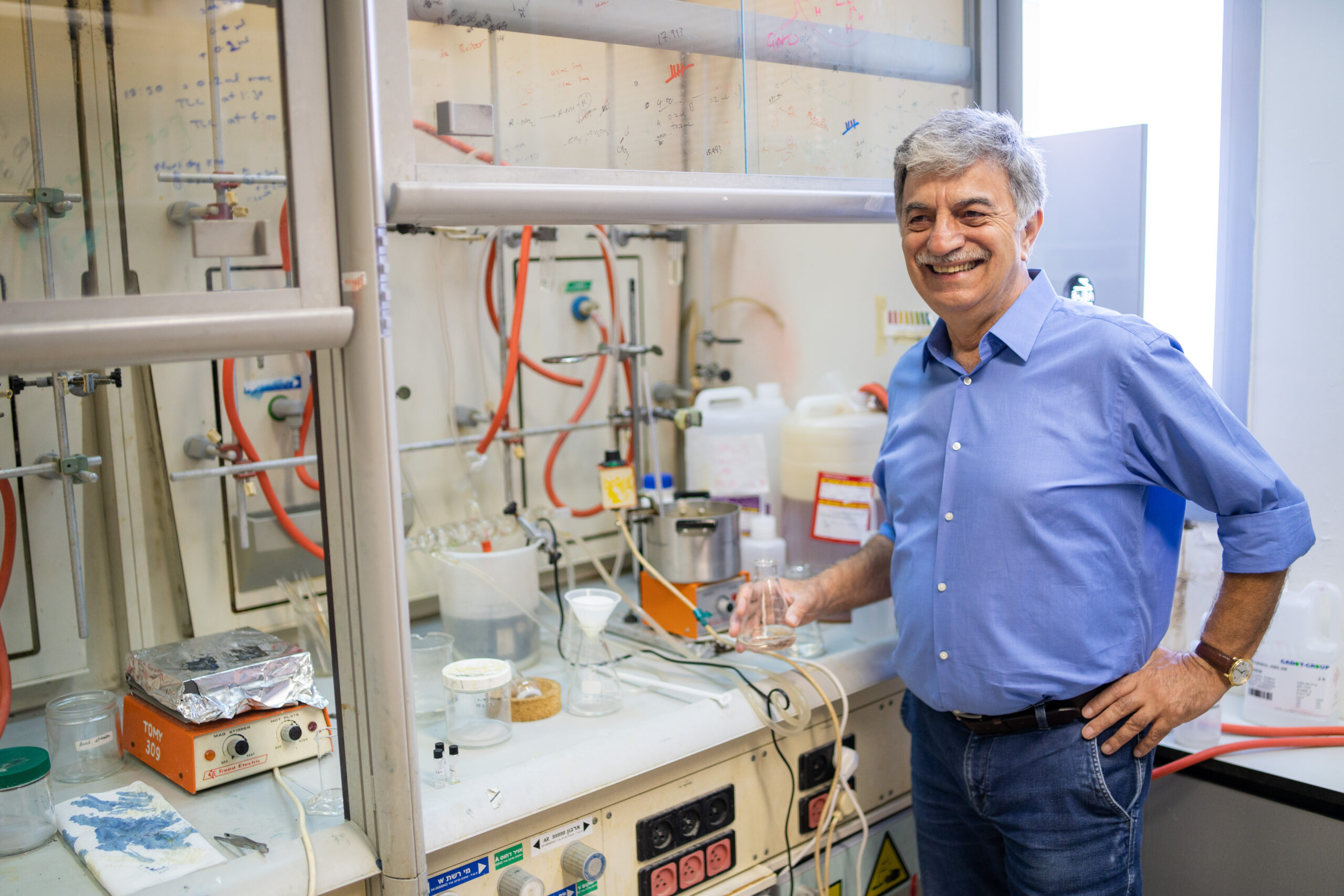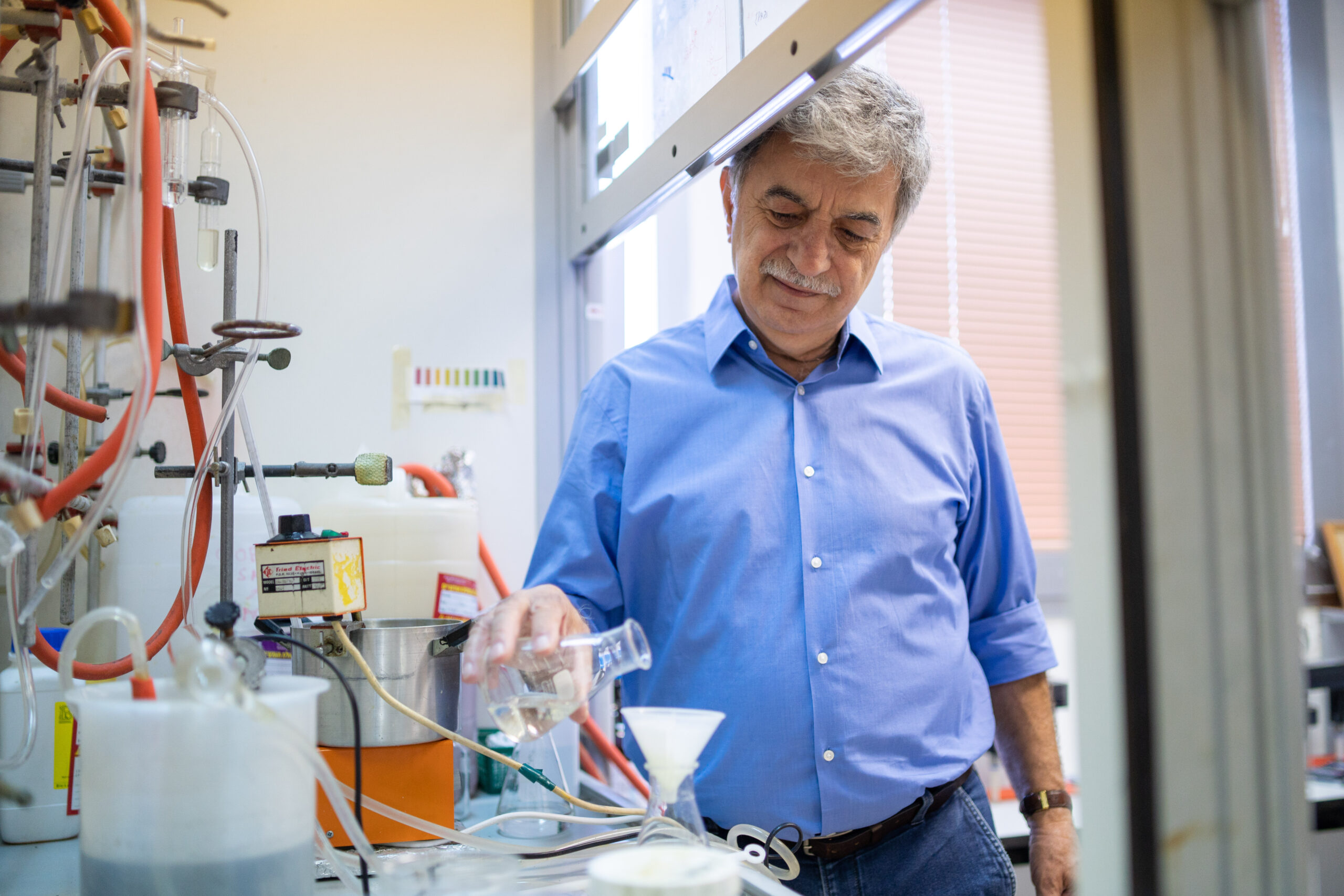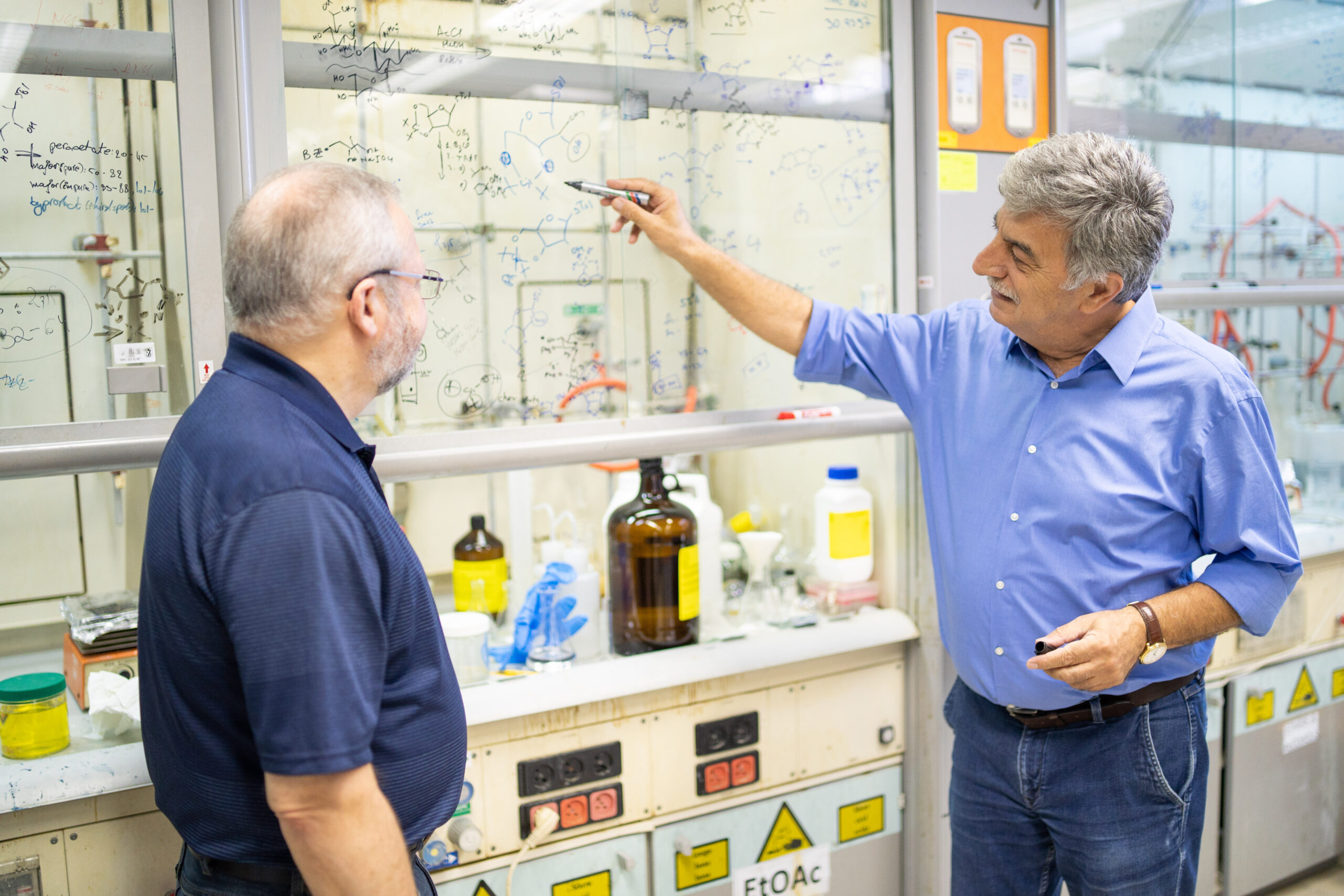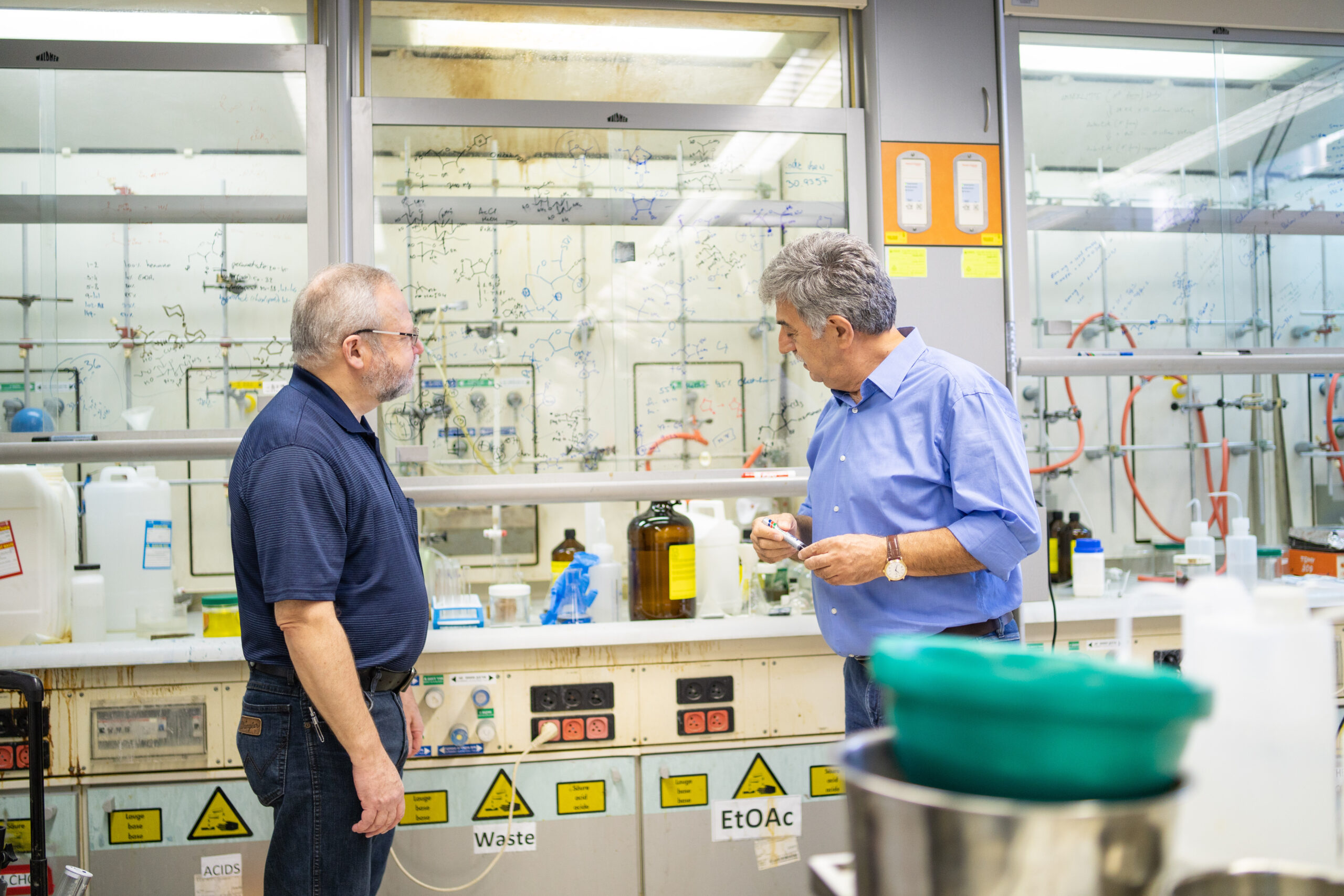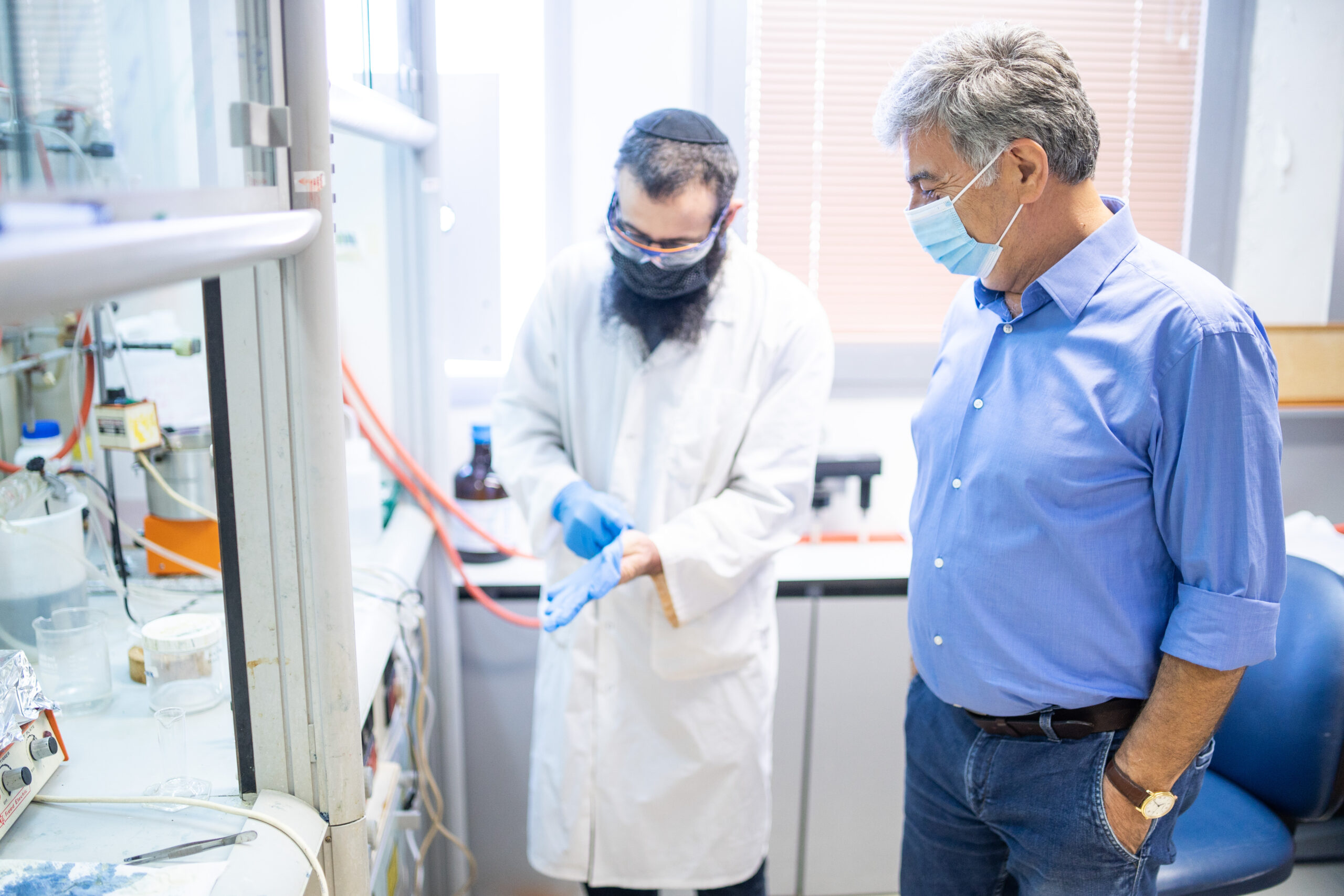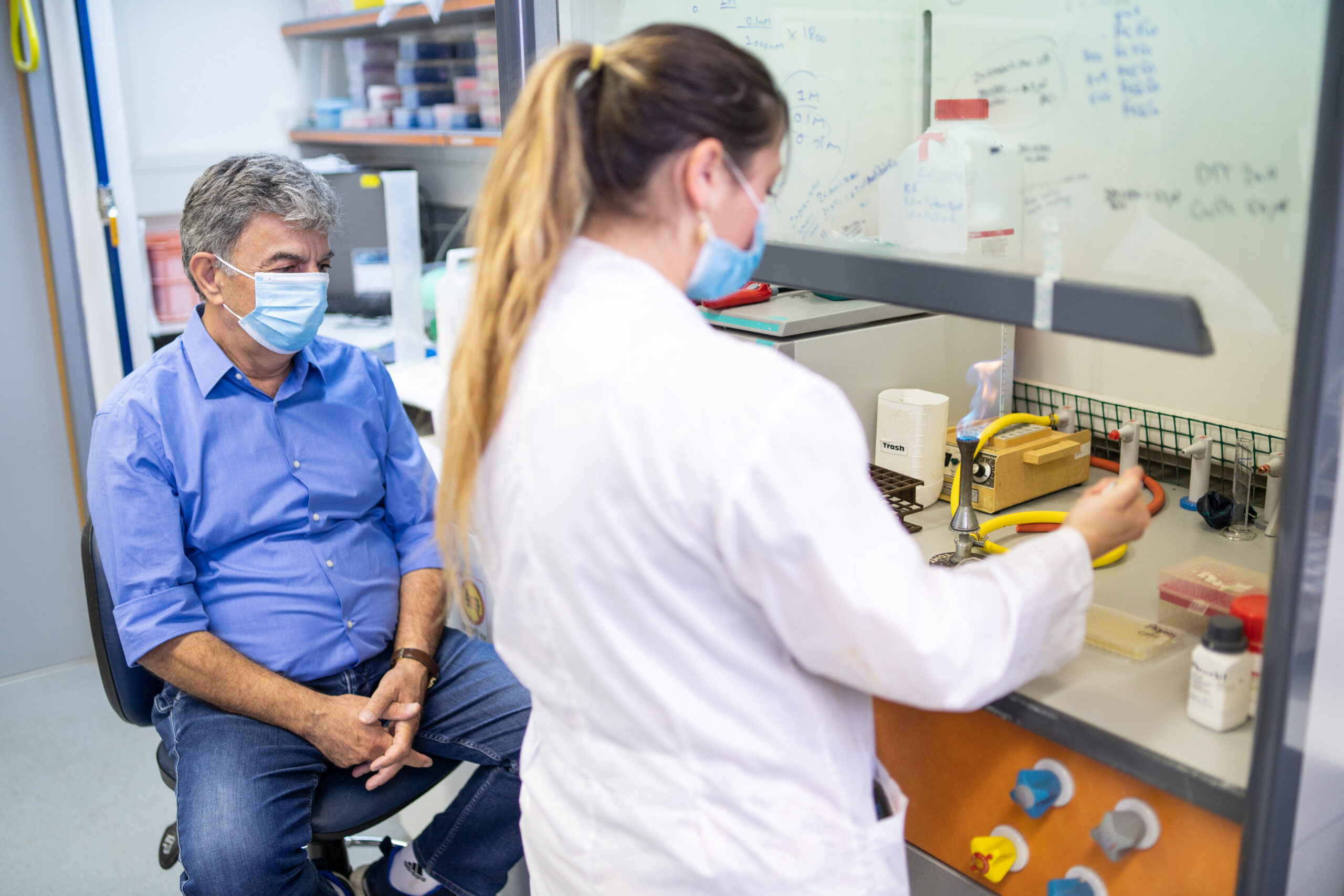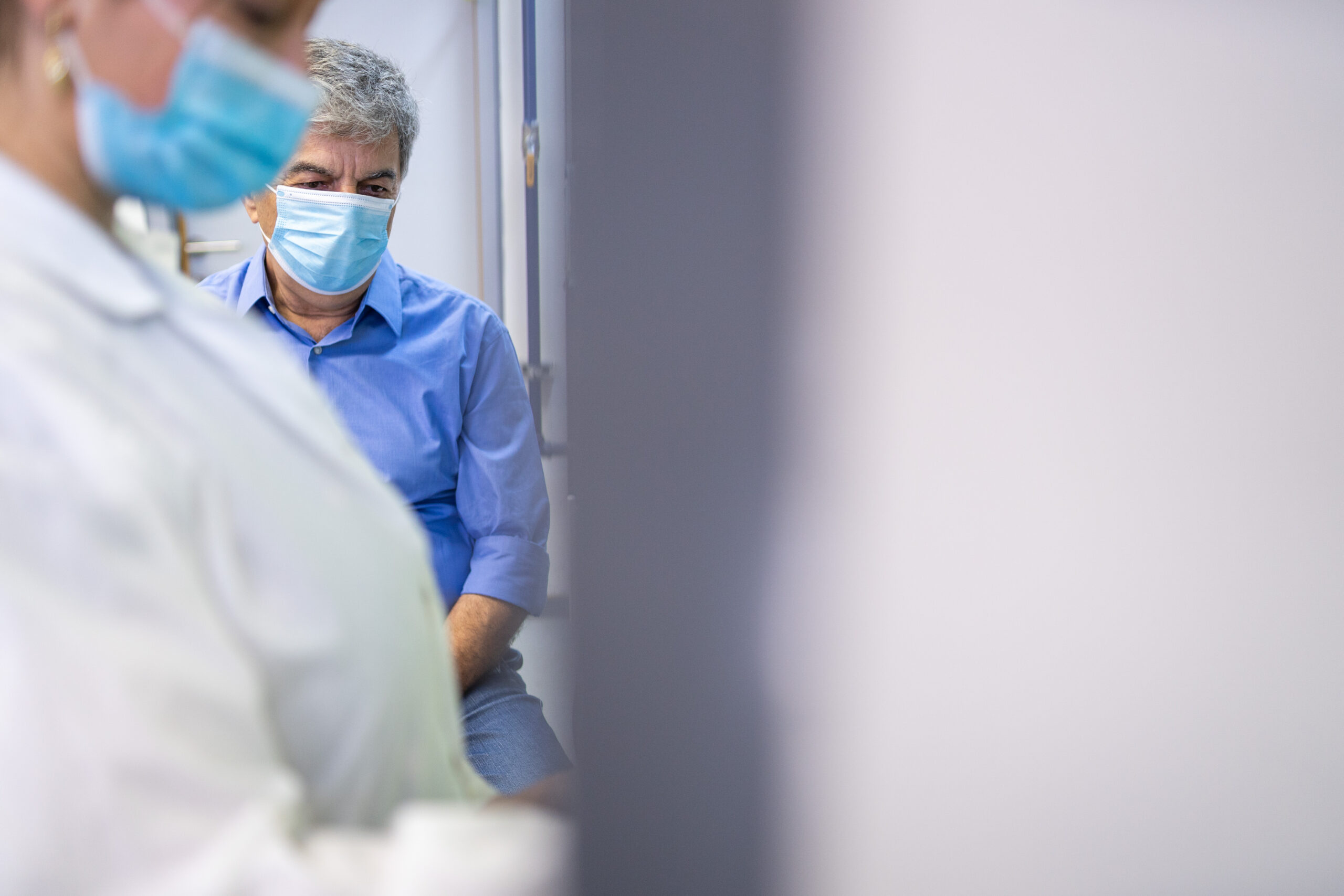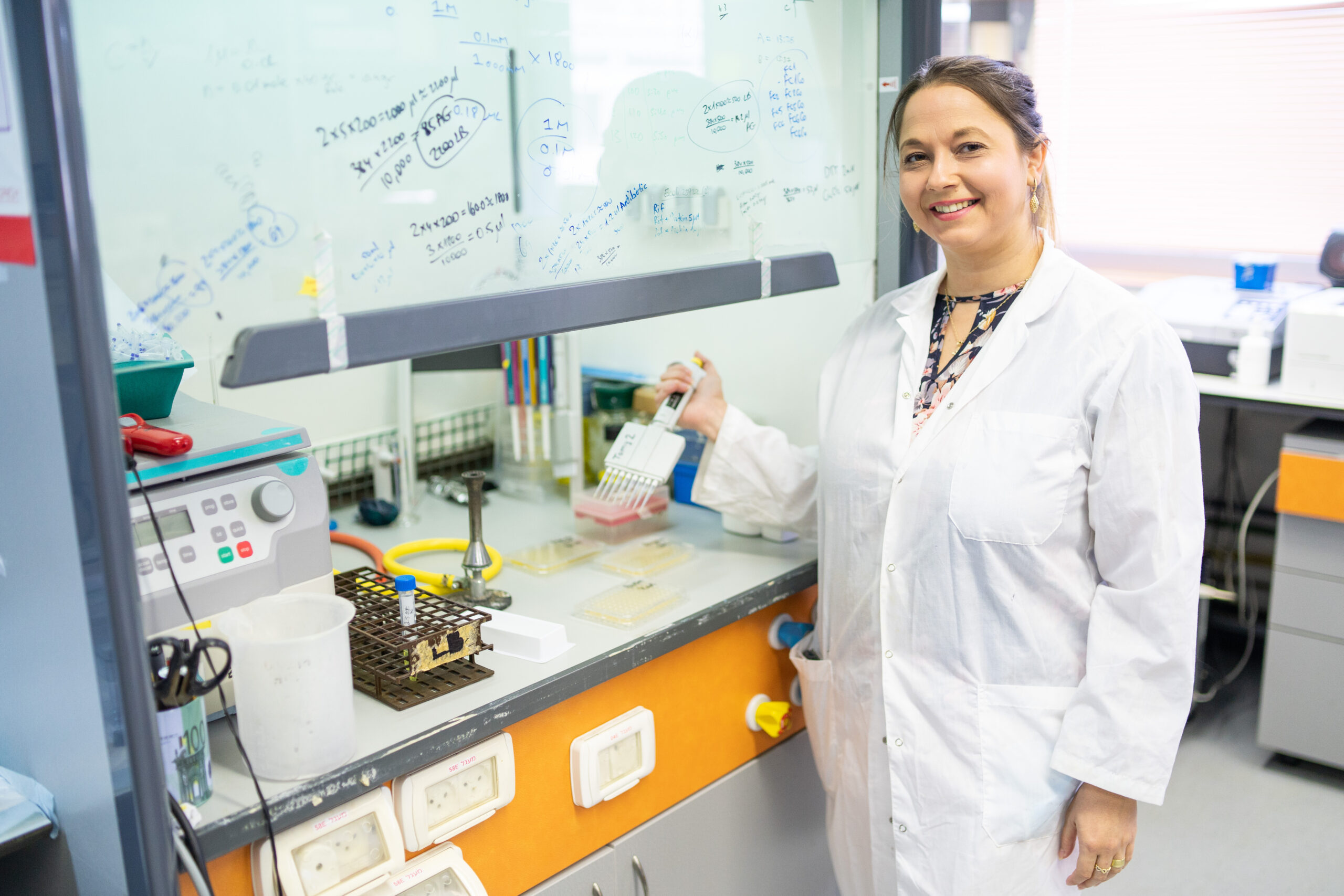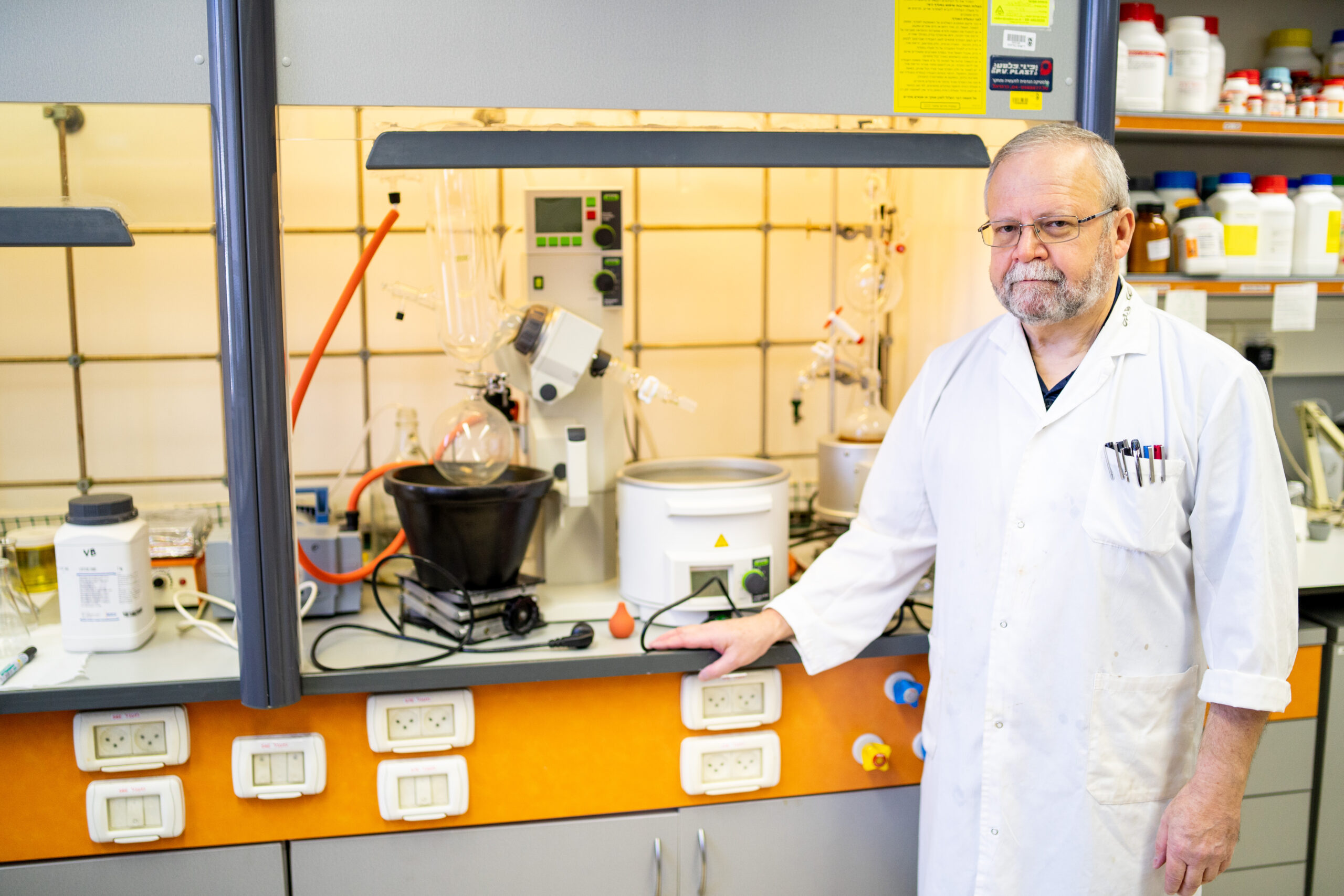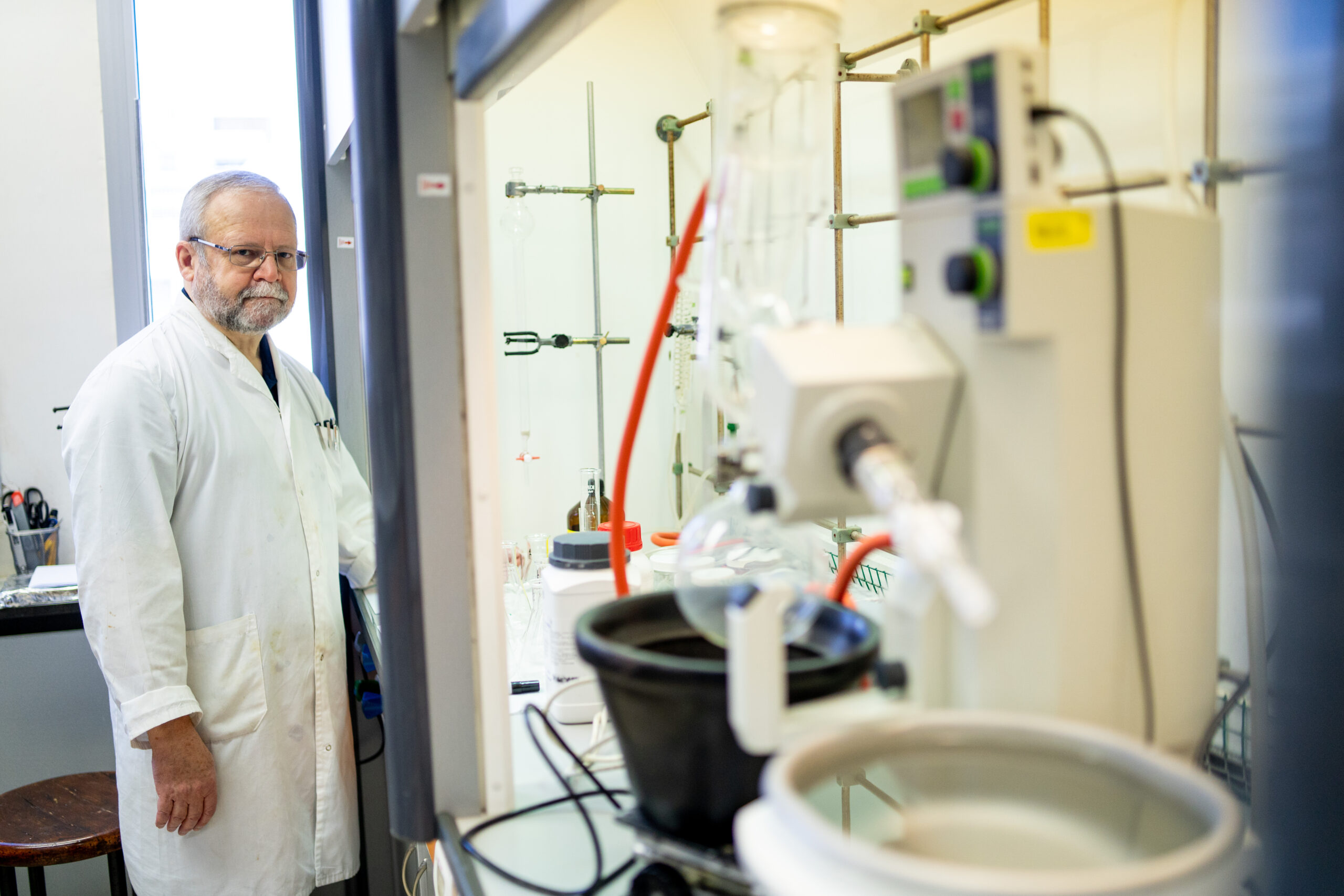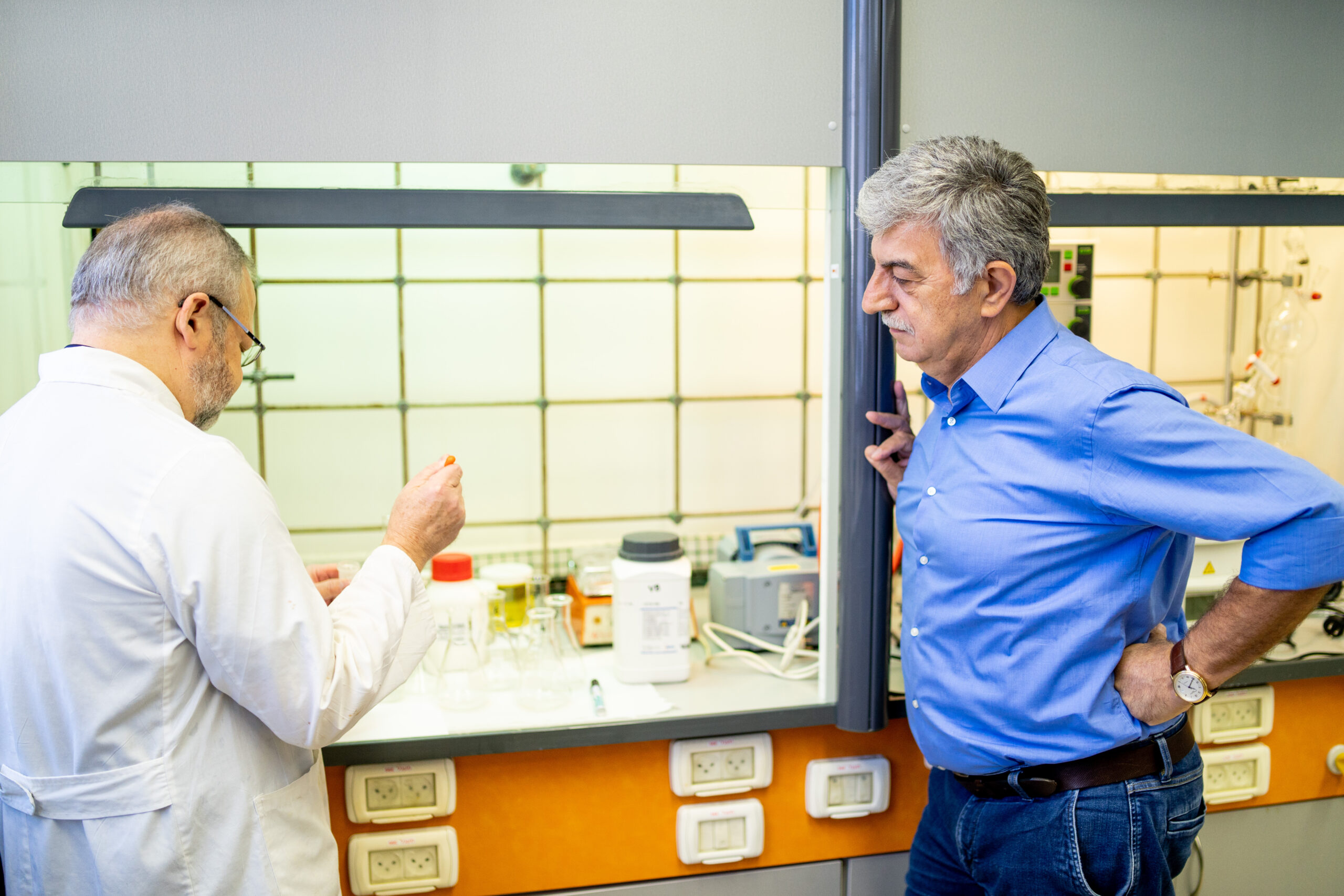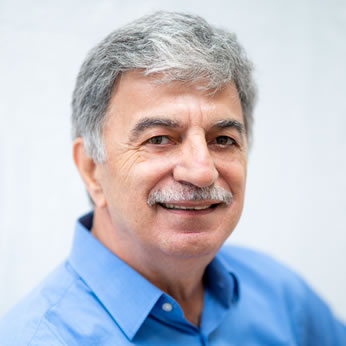
- Kandasamy, D. Atia-Glikin, E. Shulman, K. Shapira, M. Shavit, V. Belakhov T. Baasov. Increased Selectivity toward Cytoplasmic versus Mitochondrial Ribosome Confers Improved Efficiency of Synthetic Aminoglycosides in Fixing Damaged Genes: A Strategy for Treatment of Genetic Diseases Caused by Nonsense Mutations. J. Med. Chem. 55(23), 10630-10643 (2012).

-
Schalev, J. Kondo, D. Kopelyanskiy, C.L. Jaffe, N. Adir, T. Baasov. Identification of the molecular attributes required for Aminoglycoside activity against Leishmania. PNAS 110 (33), 13333-13338 (2013).

3. Shulman, V. Belakhov, G. Wei, A. Kendall, E. G. Meyron-Holtz, D. Ben-Shachar, J. Schacht, T. Baasov. Designer aminoglycosides that selectively inhibit cytoplasmic rather than mitochondrial ribosomes show decreased ototoxicity: a strategy for the treatment of genetic diseases. J. Biol. Chem. 289(4), 2318-2330 (2014).

4. Shalev, T. Baasov. When Proteins Start to Make Sense: Fine-tuning of Aminoglycosides for PTC Suppression Therapy. Med. Chem. Commun. 5, 1092-1105 (2014).

5. Schalev, H. Rozenberg, B. Smolkin, A. Nasereddin, D. Kopelyanskiy, V. Belakhov, T. Schrepfer, J. Schacht, C. L. Jaffe, N. Adir, T. Baasov. Structural Basis for Selective Targeting of Leishmanial Ribosomes: Aminoglycoside Derivatives as Promising Therapeutics. Nucleic Acids Research, 43(17), 8601-8613 (2015).

6. K. Wang, L.K. Stone, T.D. Lieberman, M. Shavit, T. Baasov*, R. Kishony*. A Hybrid Antibiotic Restricts Evolutionary Paths to Resistance. Mol. Biol. Evol. 33(2), 492-500 (2016).

7. M. Sabbavarapu, M. Shavit, Y. Degani, B. Smolkin, V. Belakhov, T. Baasov. Design of Novel Aminoglycoside Derivatives with Enhanced Suppression of Diseases-Causing Nonsense Mutations. ACS Med. Chem. Lett. 7, 418-423 (2016).

8. Meng, D. Srisai, X. Zhou, W. Cheng, S. Dong, V. Belakhov, Y. Xu, R.D. Palmiter, T. Baasov, Qi Wu. A new inducible genetic method reveals critical roles of GABA in the control of feeding and metabolism. PNAS 113 (13), 3645-3650 (2016).

9. M. Sabbavarapu, T. Pieńko, B-H. Zalman, J. Trylska, T. Baasov. Exploring Eukaryotic Versus Prokaryotic Ribosomal RNA Recognition with Aminoglycoside Derivatives. Med. Chem. Commun. 9, 503-508 (2018).

10. Smolkin, A. Vilevsky, T. Pieńko, M. Shavit, V. Belakhov, J. Trylska, T. Baasov. Towards Catalytic Antibiotics: Redesign of Aminoglycosides to Catalytically Dysable Bacterial Ribosome. ChemBioChem 20, 247-259 (2019).



